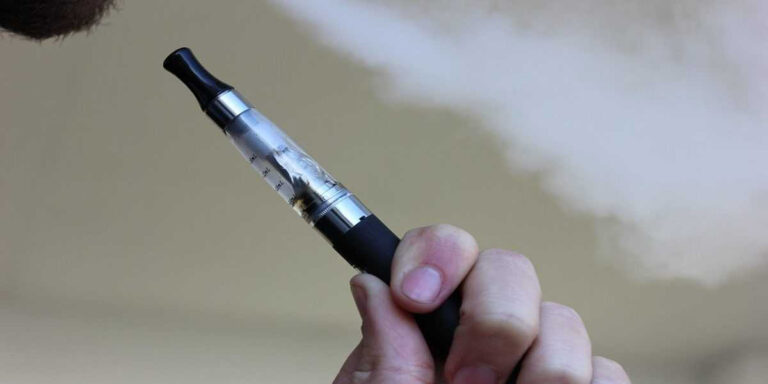The U.S. Drug Enforcement Administration (DEA) has recently proposed a significant policy shift by suggesting the reclassification of cannabis from a Schedule I to a Schedule III controlled substance. This change is currently under review by the Office of Management and Budget, signaling a potential transformation in the perception and regulatory approach to cannabis in the United States.
Background and Rationale
Following an August 2023 recommendation from the Department of Health and Human Services (HHS), the DEA’s initiative to reclassify cannabis reflects updated understanding of its medical utility and a lower risk of abuse compared to other substances in the same category. Currently, as a Schedule I drug, cannabis is classified alongside substances like heroin and LSD, which are considered to have a high potential for abuse and no accepted medical use.
Implications of Reclassification
A shift to Schedule III would not only reshape public and legal perceptions of cannabis but also broaden its medical, legal, and economic impacts:
- Medical Research: Easier access to cannabis for research could accelerate the discovery of therapeutic uses and medical advancements.
- Legal and Economic Impact: This reclassification could simplify legal barriers, impacting criminal justice, business operations, and notably, banking and taxation within the cannabis industry.
Controversy and Public Debate
The proposal has elicited both support and criticism. Proponents applaud the progressive stance on cannabis research and use, while opponents—typically from conservative circles—warn that this could underplay the drug’s potential risks.
Global Influence
Should this reclassification occur, it may influence international drug policies and inspire global discussions on drug reform, potentially recalibrating international drug regulation frameworks.
The Road Ahead
As the process continues, stakeholders from both domestic and international arenas are keenly watching. This policy adjustment by the DEA could be the most significant shift in over fifty years, potentially heralding a new era in how cannabis is utilized and regulated in the United States.
Conclusion
The DEA’s move to reclassify cannabis as a Schedule III substance represents more than just a regulatory update; it signifies a profound shift in the approach to cannabis and drug policy at large. As this proposal advances through final approvals, it holds the potential to fundamentally alter national and possibly global policies on cannabis and drug use. The implications of such a change are vast, promising substantial shifts in both legalization efforts and medical research.
Stay updated on this historic development as it unfolds, shaping not just national but also global drug policy landscapes.


















